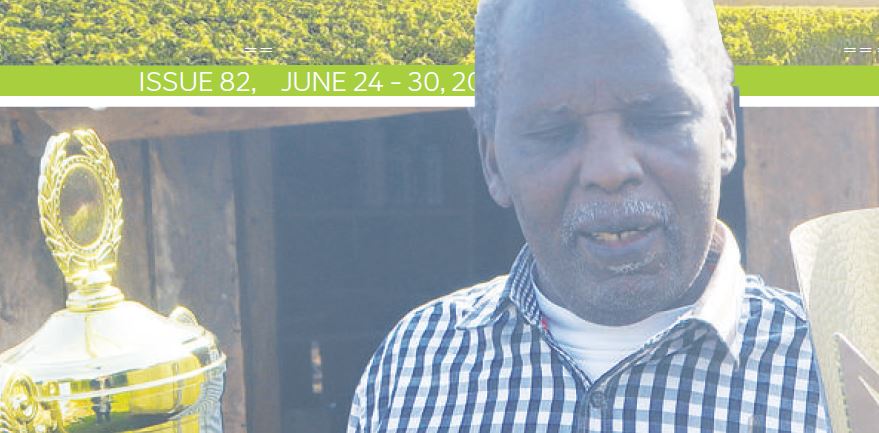×
The Standard e-Paper
Fearless, Trusted News

Everyone has hardships they encounter in their lives, but when someone with a disability is able to overcome, it is an amazing thing to behold.
It is, however, not all doom and gloom as there are those who have risen past these challenges to become achievers and have set out to inspire thousands who shy away from taking that fi rst step to change their circumstances.